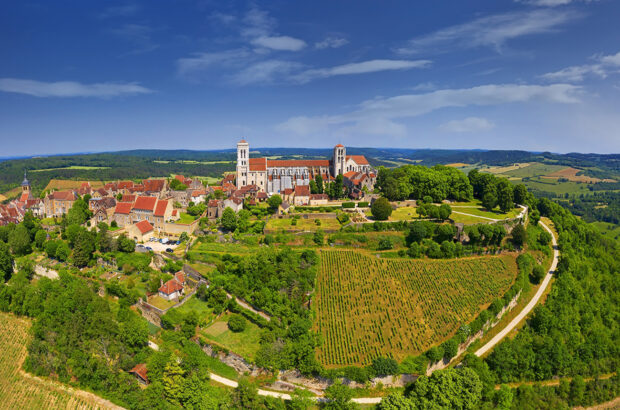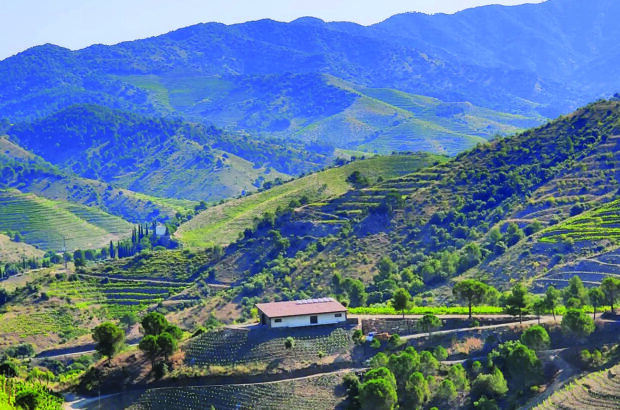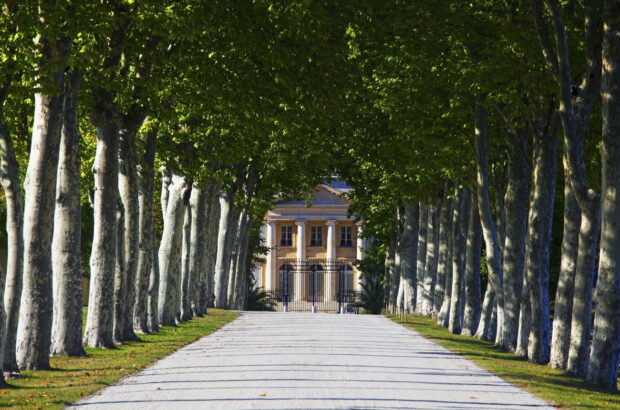Decanter recently spoke to Linda Johnson-Bell, a wine writer, author, speaker and founder of The Wine and Climate Change Institute in Oxford.
How did you end up here?
L J-B: I wanted to speak at the Royal Anthropological Institute’s climate change conference in 2016, but they wanted speakers who were affiliated with a university or an institution. I’d been looking to join a think-tank, but none of them focused on the research I wanted to do.
I quickly thought of a name, ‘The Wine and Climate Change Institute’, built a website and then filled in their application, which was accepted. After the talk, they asked me to publish my paper Wine or Water? Viticulture’s global water footprint and irrigation: an unaffordable luxury?. It has grown from there and become my main focus.
What’s the best thing about your job?
L J-B: Being able to hand-pick colleagues for specific projects, to work alone, or to join forces with another institute: it’s such a versatile and stimulating way in which to collaborate. The best thing, though, is how my conversations with winemakers have transformed. Prior to writing Wine and Climate Change in 2014, if I mentioned the words ‘climate change’ on a press trip, my questions were ignored. Now, there is a fabulous sense of camaraderie, shared knowledge and a global conversation.
And the worst?
L J-B: I have lost the ability to find the simple pleasure in enjoying any glass of wine – I can only drink through the lens of sustainability. And I can’t bear to watch the abuses of large-scale industrial wineries – especially those that continue to use increased freshwater irrigation as their primary climate change adaptation strategy.
What’s the most common misconception about your job?
L J-B: That an academic cannot come from a public- or private-sector background and actually possess practical and commercial experience.
What was your greatest moment?
L J-B: Contributing to the Encyclopedia of the UN Sustainable Development Goals in 2019 was a great experience. My career in wine is a continuing journey. I’ve just begun a Master’s in earth and environmental sciences and will follow on with a PhD. So, maybe I have to say that the greatest moment was the day at Le Salon des Vins de Loire in 1993, when Swiss wine critic Michel Dovaz jumped up and down, and shouted, ‘Elle l’a! Elle l’a!’, and the publisher at Paris’ Vintage Magazine hired me!
And your greatest mistake?
L J-B: There have been some cringeworthy events along the way. But I’ve never really cared what others think of me as I know that everything I do comes from a good place – even if I get it wrong. It took a while to learn the lesson, but self-forgiveness is key.
What’s the one wine you recommend most often to friends?
L J-B: My first loves were the red Burgundies of the 1980s and 1990s, back when I was a student in Paris and students could afford Burgundies! It was a Richebourg 1985 from Jean Gros that seduced me one night at Castel’s. I recommend anything European if it is from a small, traditional winery with native grapes (no SuperTuscans, thank you), and dry-farmed – preferably biodynamic or organic. I steer them near wines that speak of whence they came!
Linda Johnson-Bell is a wine writer, author, speaker and founder of The Wine and Climate Change Institute in Oxford. Her work can be found on Amazon and academia.edu. She is an ambassador/advisor to the Sustainable Wine Roundtable and is working with The Porto Protocol on a water management project, as well as writing her next wine book, Blind Drunk, a follow-up paper for the UN. She has also begun a Masters in earth and environmental sciences.












